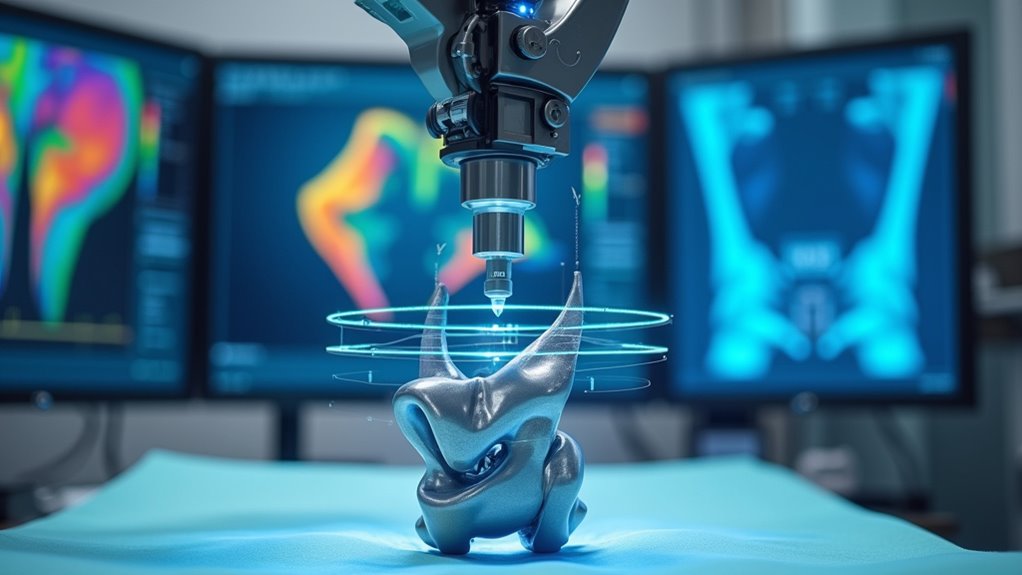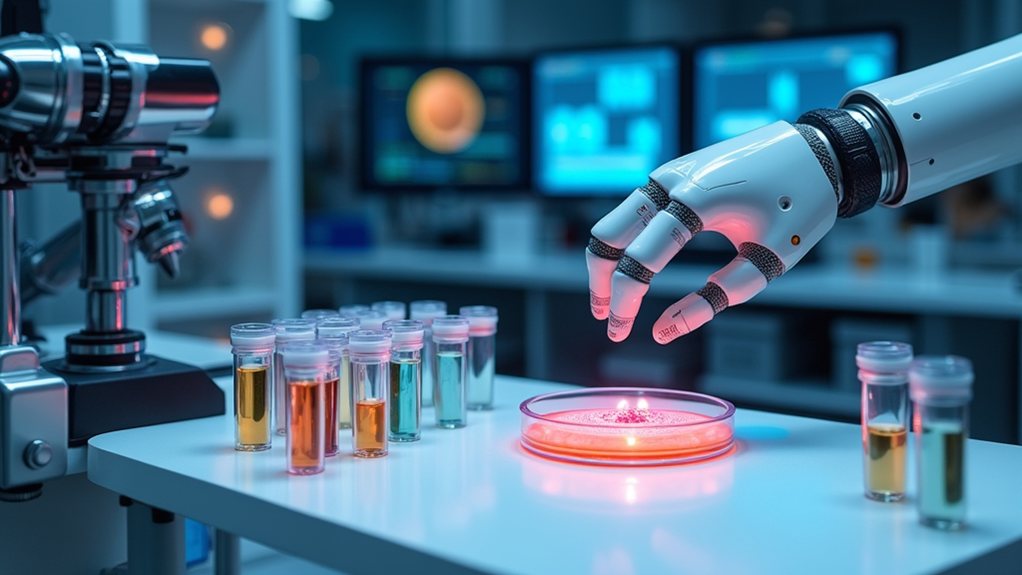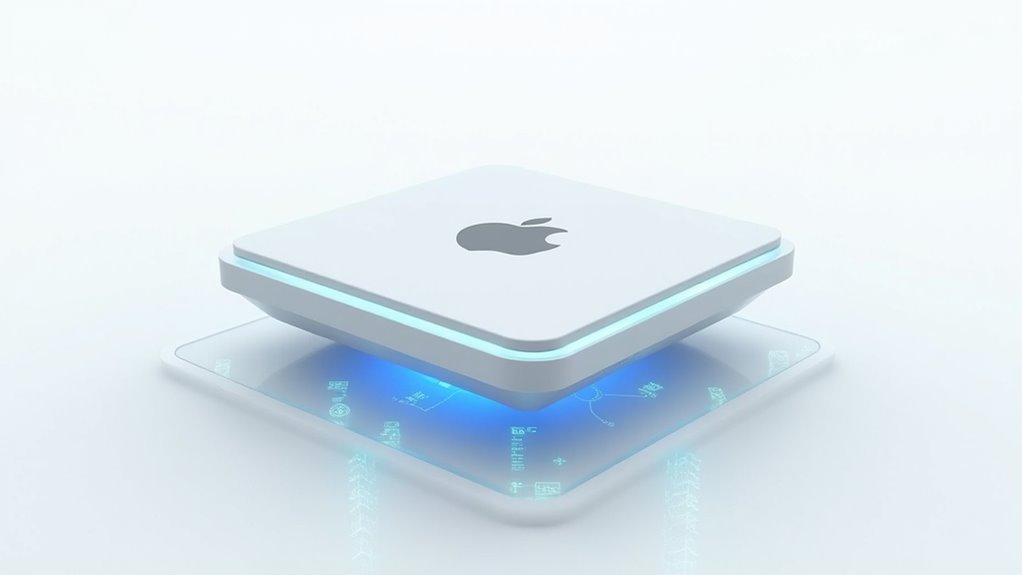Turns out, AI-powered robots in knee surgery aren’t just there to flex their metal muscles—they’re rewriting decades-old “straight-leg” dogma by rapid-fire testing soft tissue tension and implant positions, all faster than your orthopedic playlist’s first track. Algorithms now simulate unique patient scenarios, not just the mythical Average Joe. Sure, you still get wearable tech tracking your recovery, but there’s good old-fashioned concern about data privacy, and let’s face it—no robot’s come for your pain meds, yet. Stick around, because it only gets more interesting.
Meanwhile, AI-powered robots are gliding around the OR, testing tens of thousands of implant positions faster than a Netflix binge session. They’re challenging the “straight-leg” dogma that’s been gospel since disco was cool.
These algorithms can simulate soft tissue tension and make real-time bone adjustments, but they’re still only as good as the data they’re trained on—which, let’s face it, sometimes looks like a reunion of knee replacement patients from the same zip code. In fact, AI tools improve decision-making processes in knee arthroplasty by analyzing complex surgical variables that would be nearly impossible for humans alone to process. Robot-assisted surgeries enhance precision and minimize human error during knee replacements.
- Wearables track post-op recovery, pinging your phone with more notifications than your group chat.
- AI predicts readmission risks—sometimes before you even feel off.
- Apps reduce in-person follow-ups, but don’t expect a virtual pat on the back.
Although the technology is advancing rapidly, patient attitudes toward AI in risk prediction reveal that many people still want a clear explanation of how these systems make decisions before they’ll fully trust them.
But watch out: privacy worries, data security, and the nagging fear that AI treats everyone like an “average” patient still haunt the process.
Surgeons grumble about deskilling, patients want plain-English explanations, and regulators haven’t quite caught up.









